
Blog
Insights and updates from the Basis Theory team
Blog
Want Product News & Industry Updates?
Subscribe to the Basis Theory blog to get updates right in your inbox





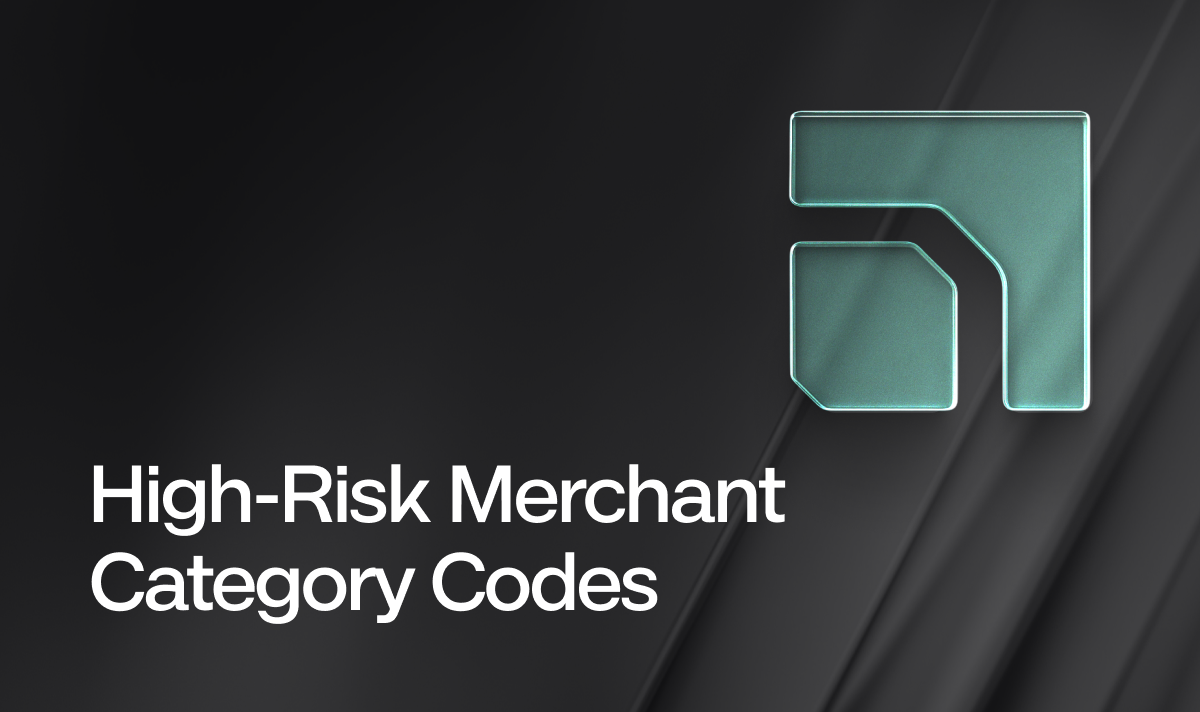
High-Risk Merchant Category Codes (MCCs) and Their Risks
What are Merchant Category Codes? A Merchant Category Code (MCC) is a four-digit number used to categorize merchants based on the merchant’s business activities and ...








Credit Card Anatomy: Explaining the PAN, BIN, CVV, & Others
Learn the meaning behind the different parts found on a credit card, as well as their function and relevant PCI DSS requirements, with this overview and FAQ.
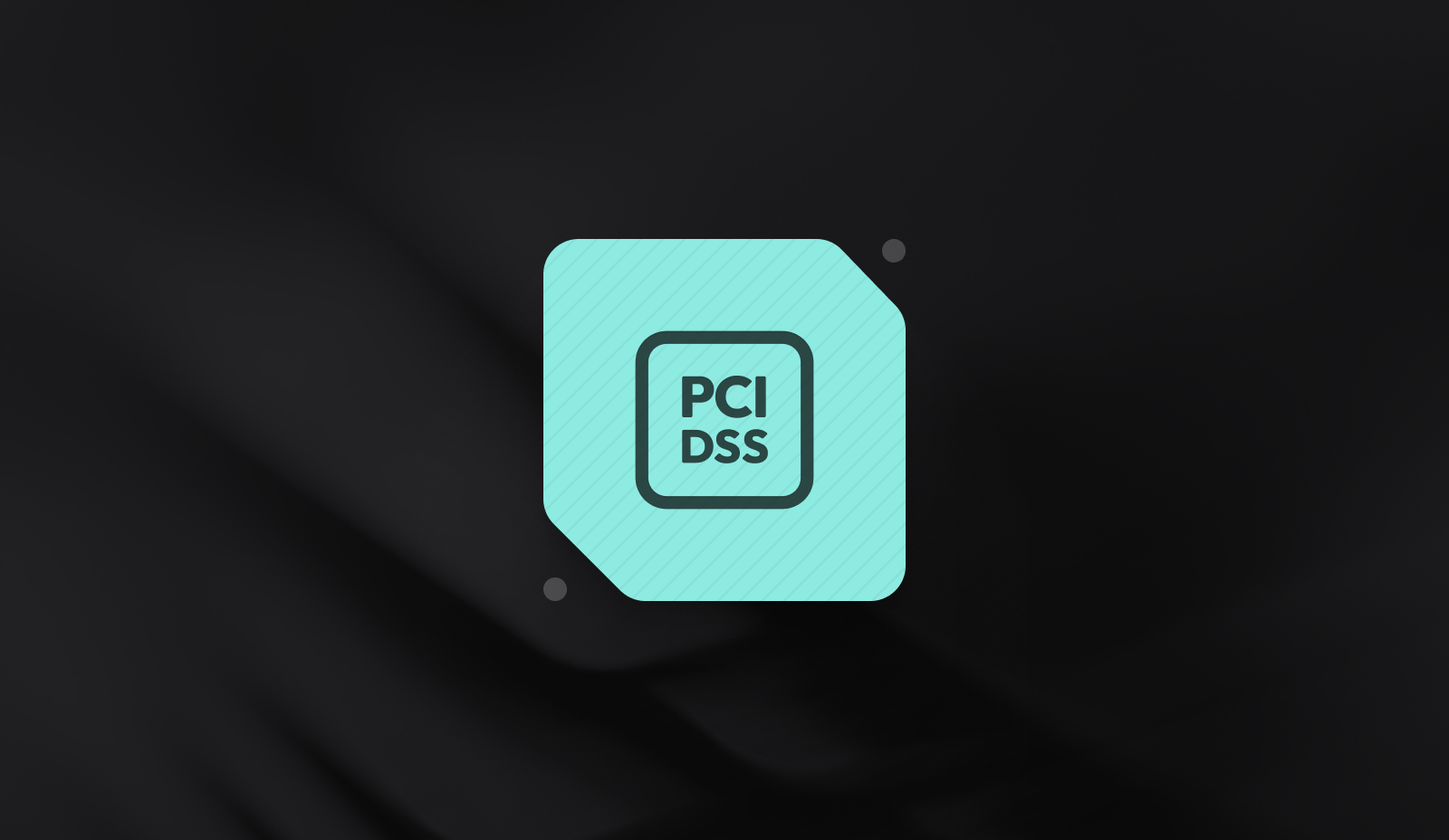






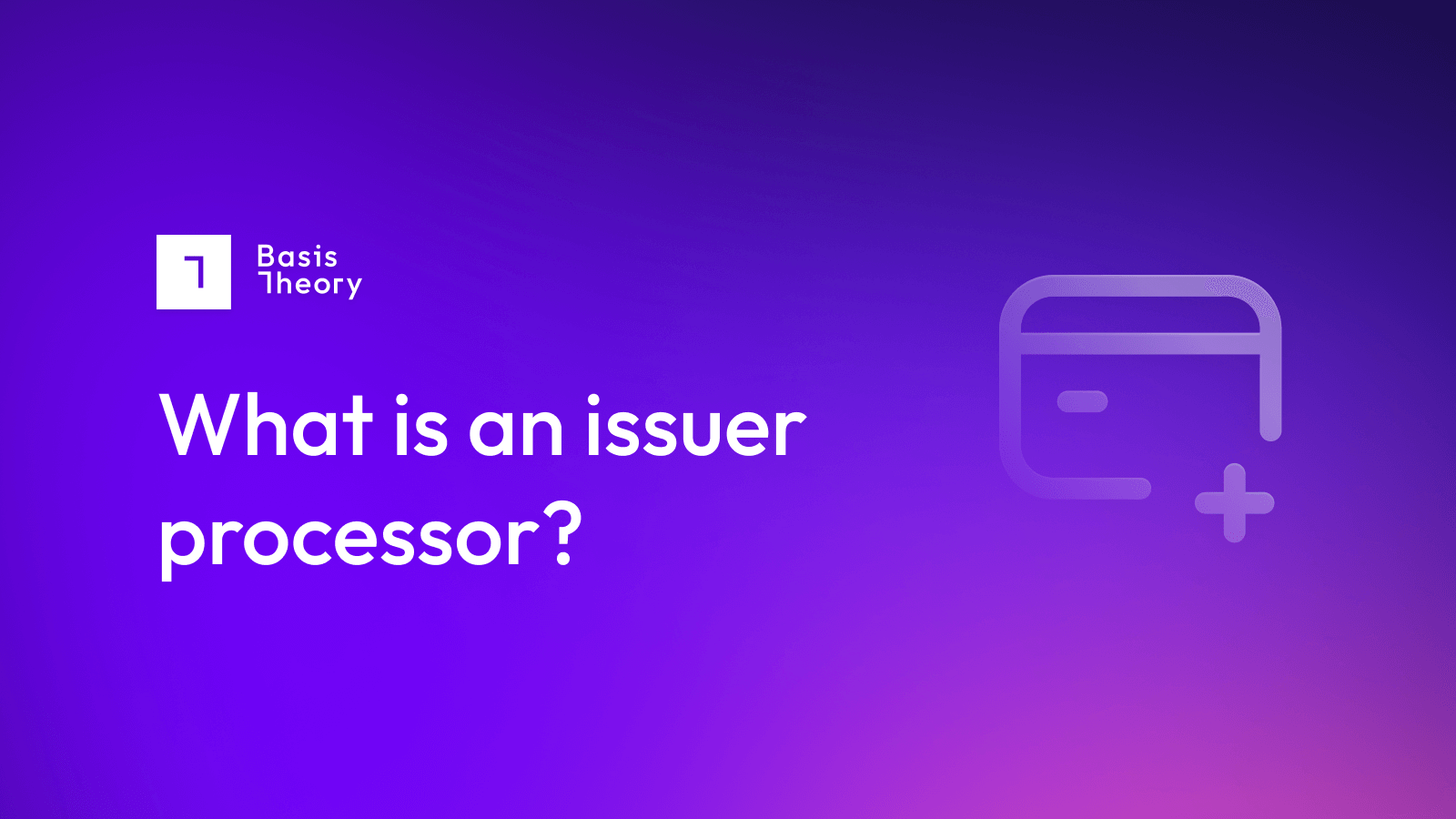
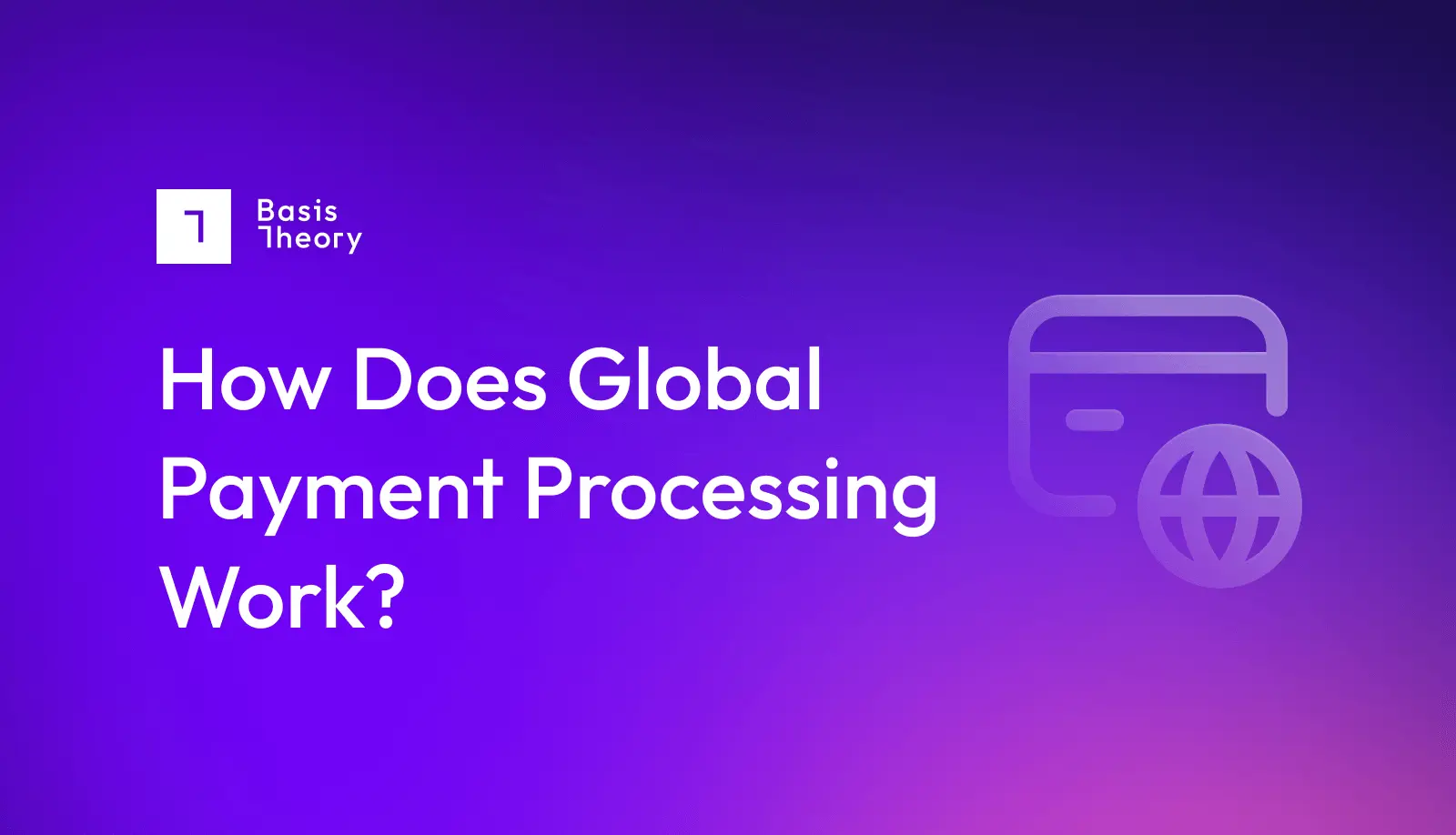
How Global Payment Processing Works
E-commerce, by its very nature, is international, which opens the door for a global customer base. Opting to accept global payments can ensure that merchants can off...


PayFac vs. ISO: Which Should a Merchant Choose?
In the world of payments, selecting partners to help transact business is one of the most complex, but critical, processes any business can complete. Choosing the ri...

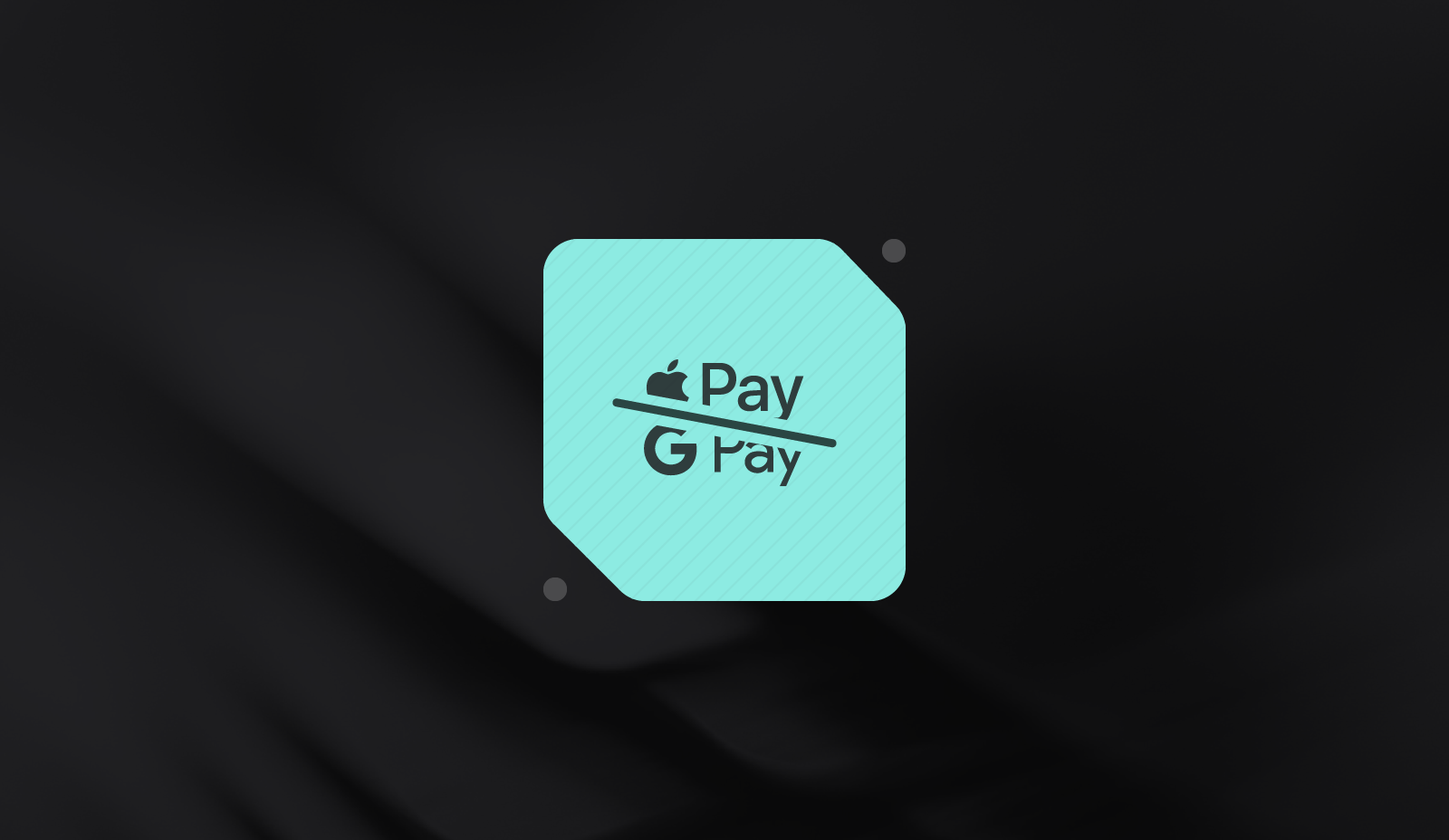
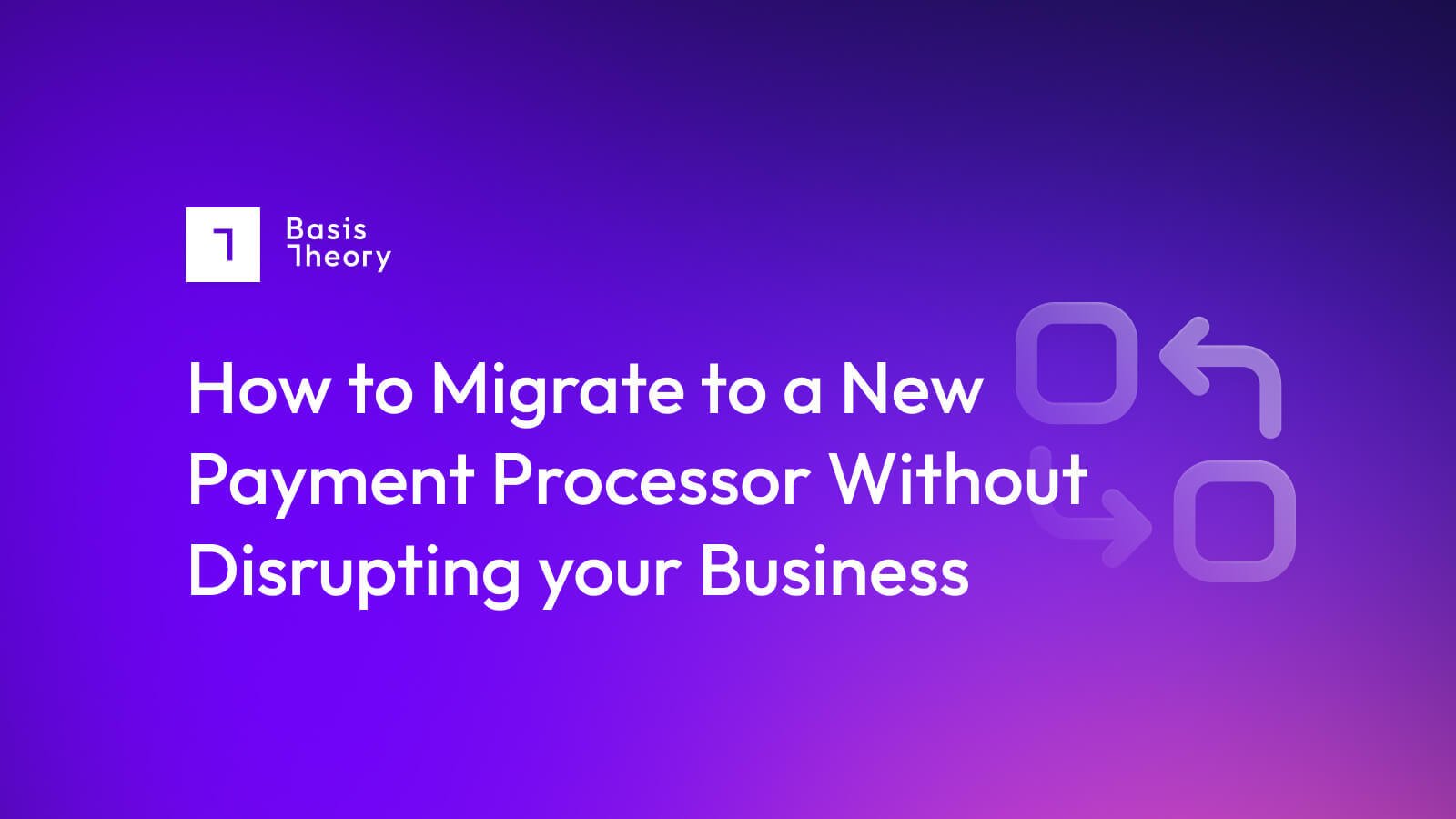
How to Migrate to a New Payment Processor Without Disrupting Business
Merchants often find themselves in the position of wanting, or needing to migrate to a new payment processor. A PSP migration is normally either to take advantage of...


How Hosted Payment Pages Work
When planning to accept payments, integrating and going live quickly can ensure a smooth and swift road to generating revenue. Hosted payment pages can offer merchan...

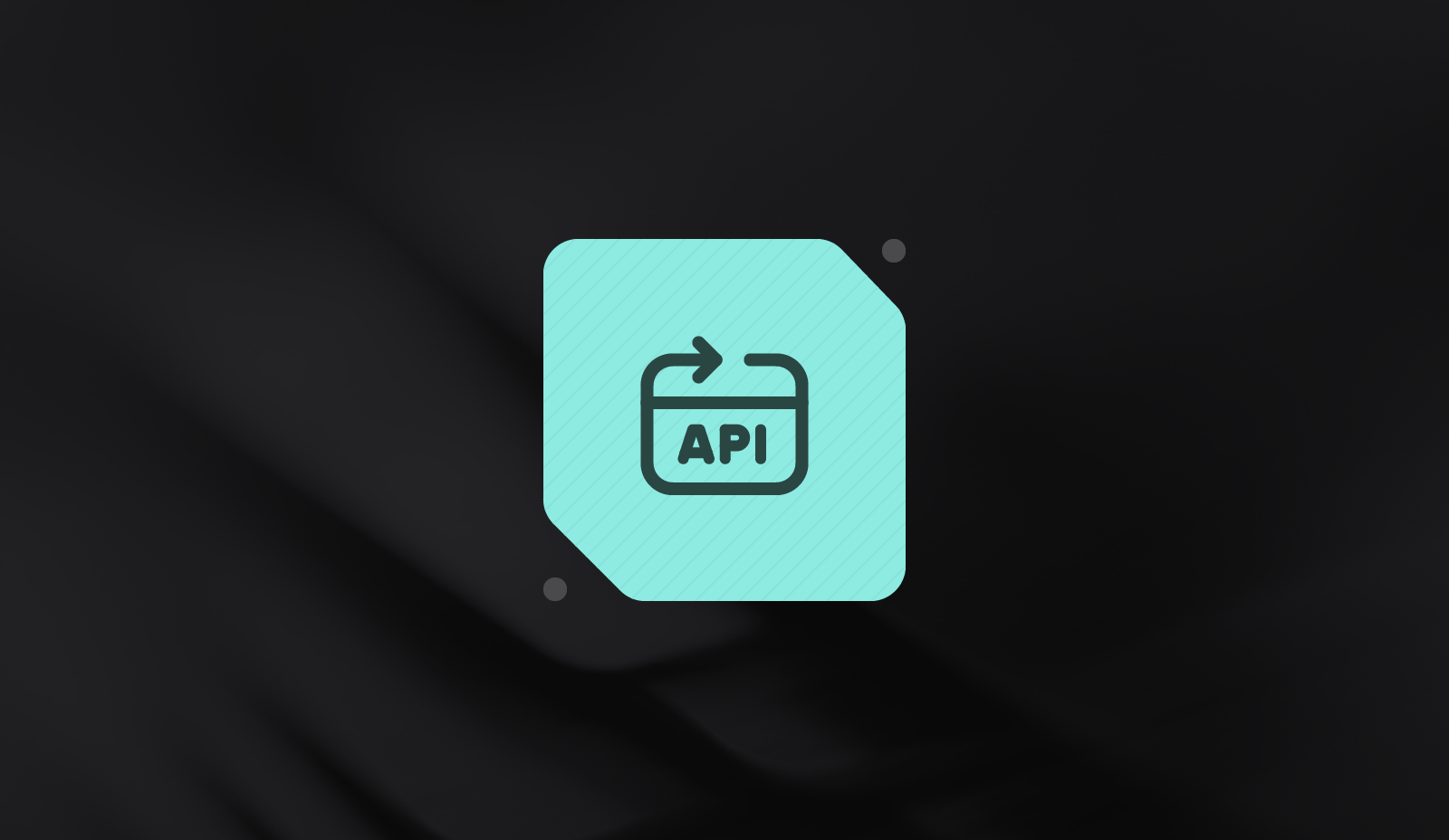

Top Payment Professionals to Follow in 2025
Whatever route you traveled to get into payments, we’re glad you made it here! We’ve curated a list of influencers in the payments industry that speak at events, pub...
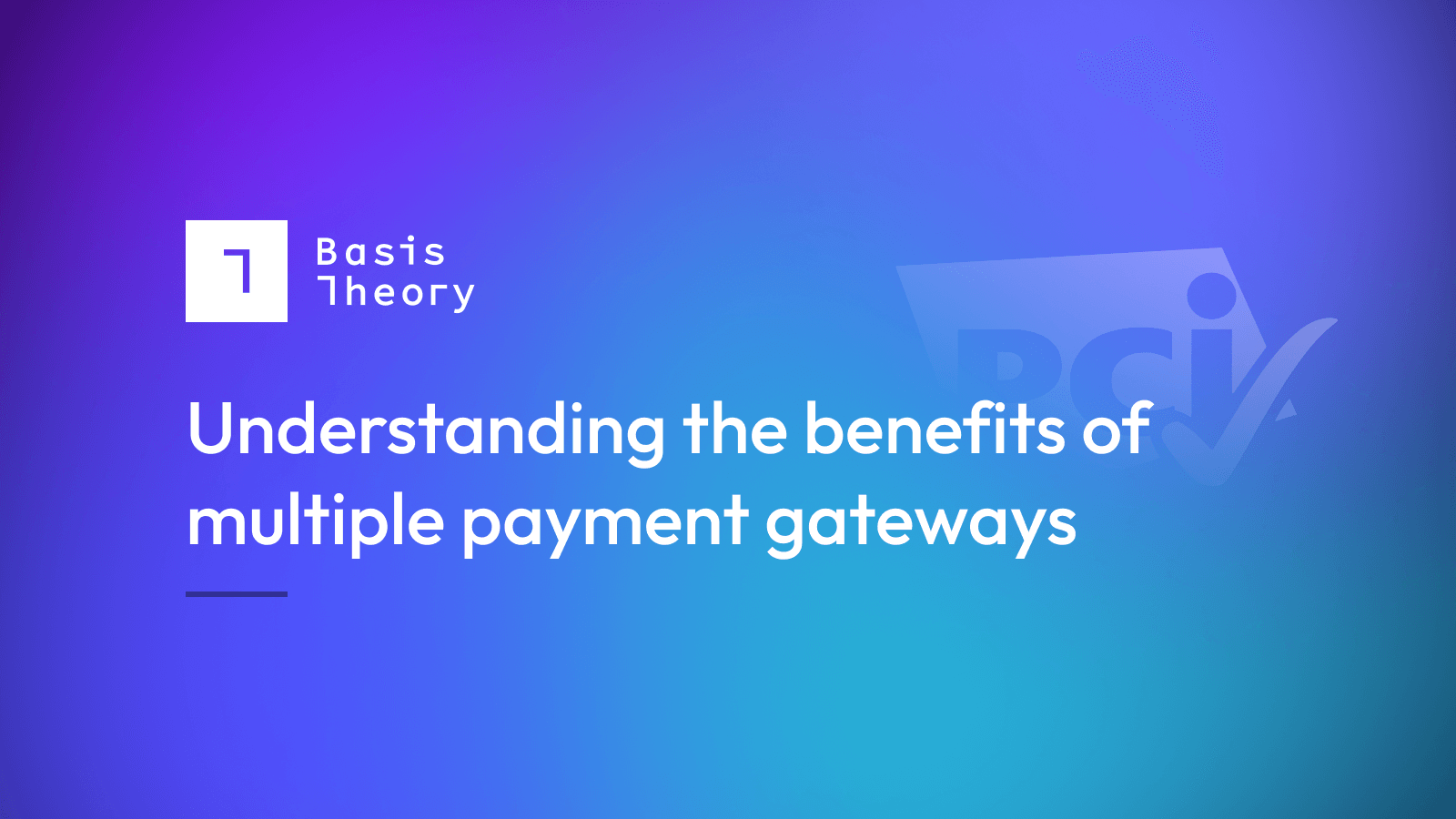


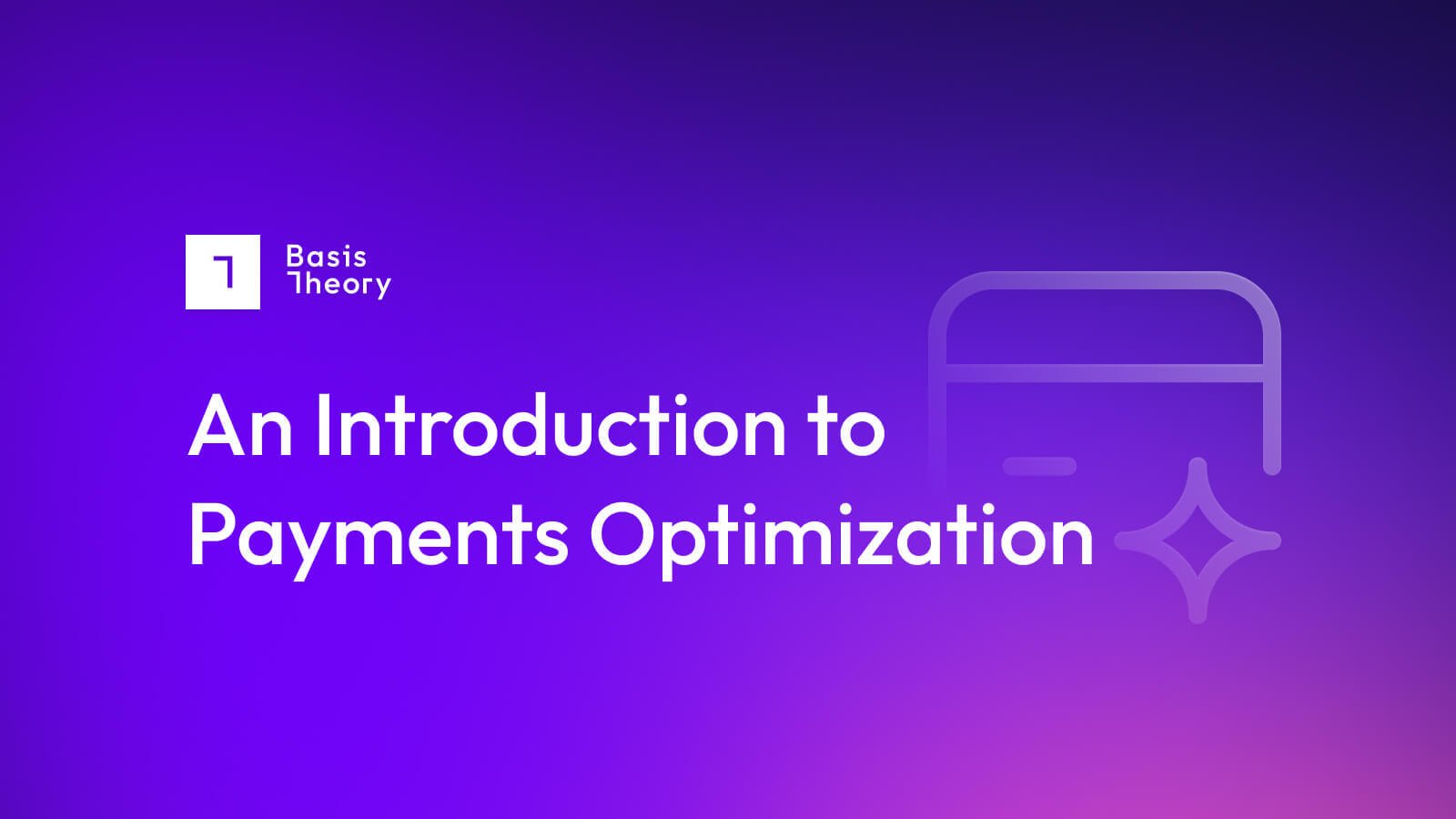
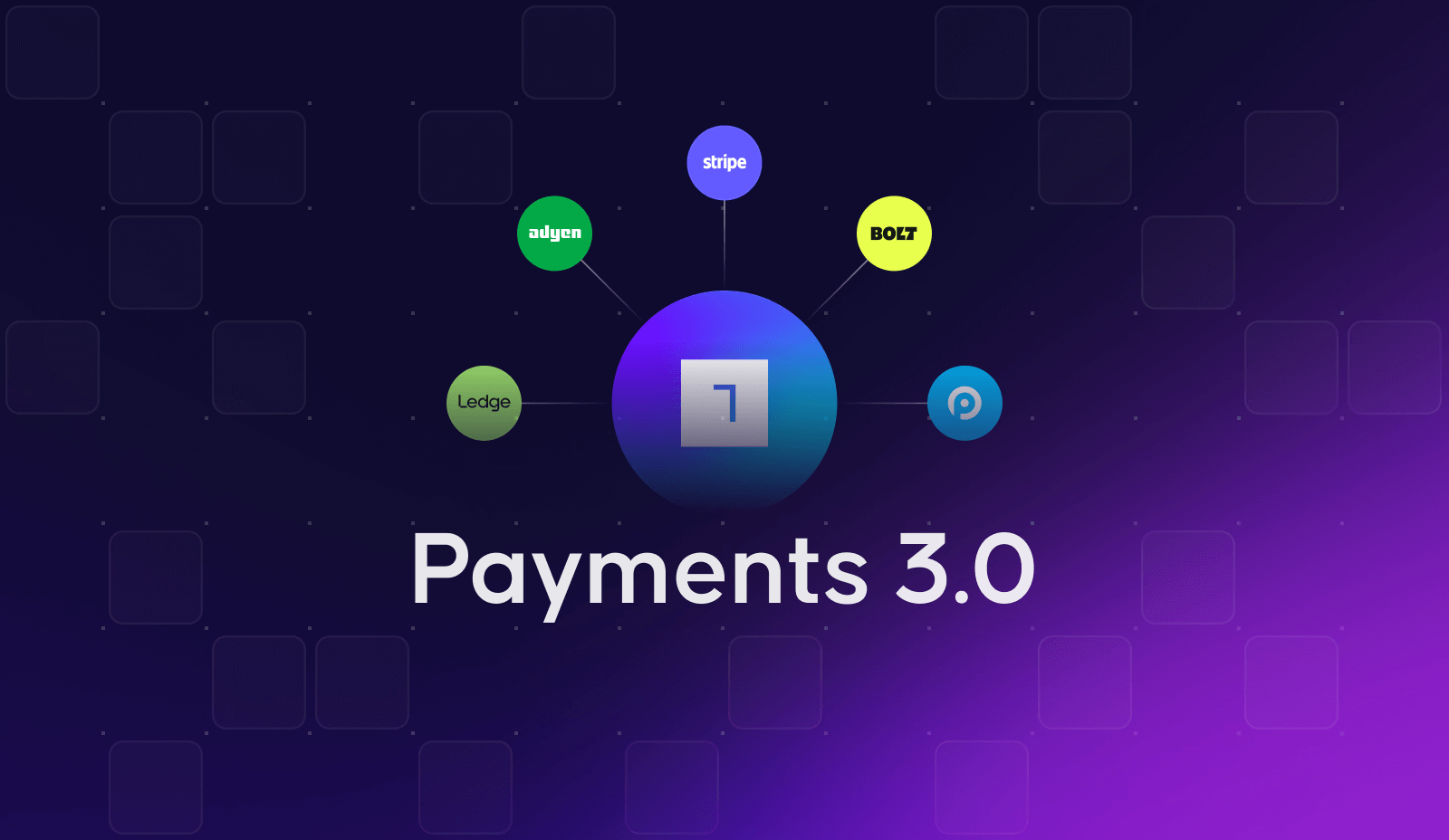
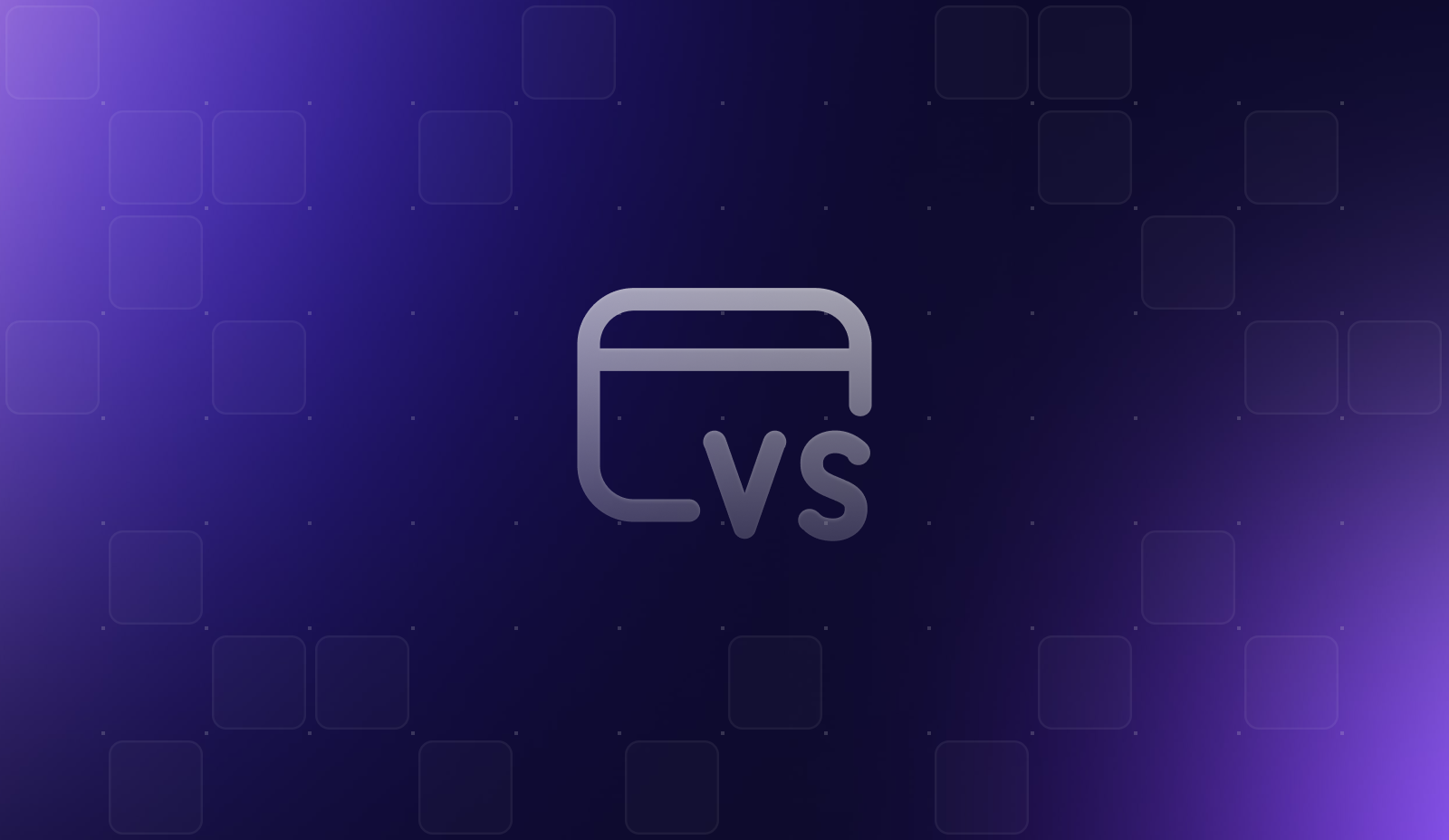
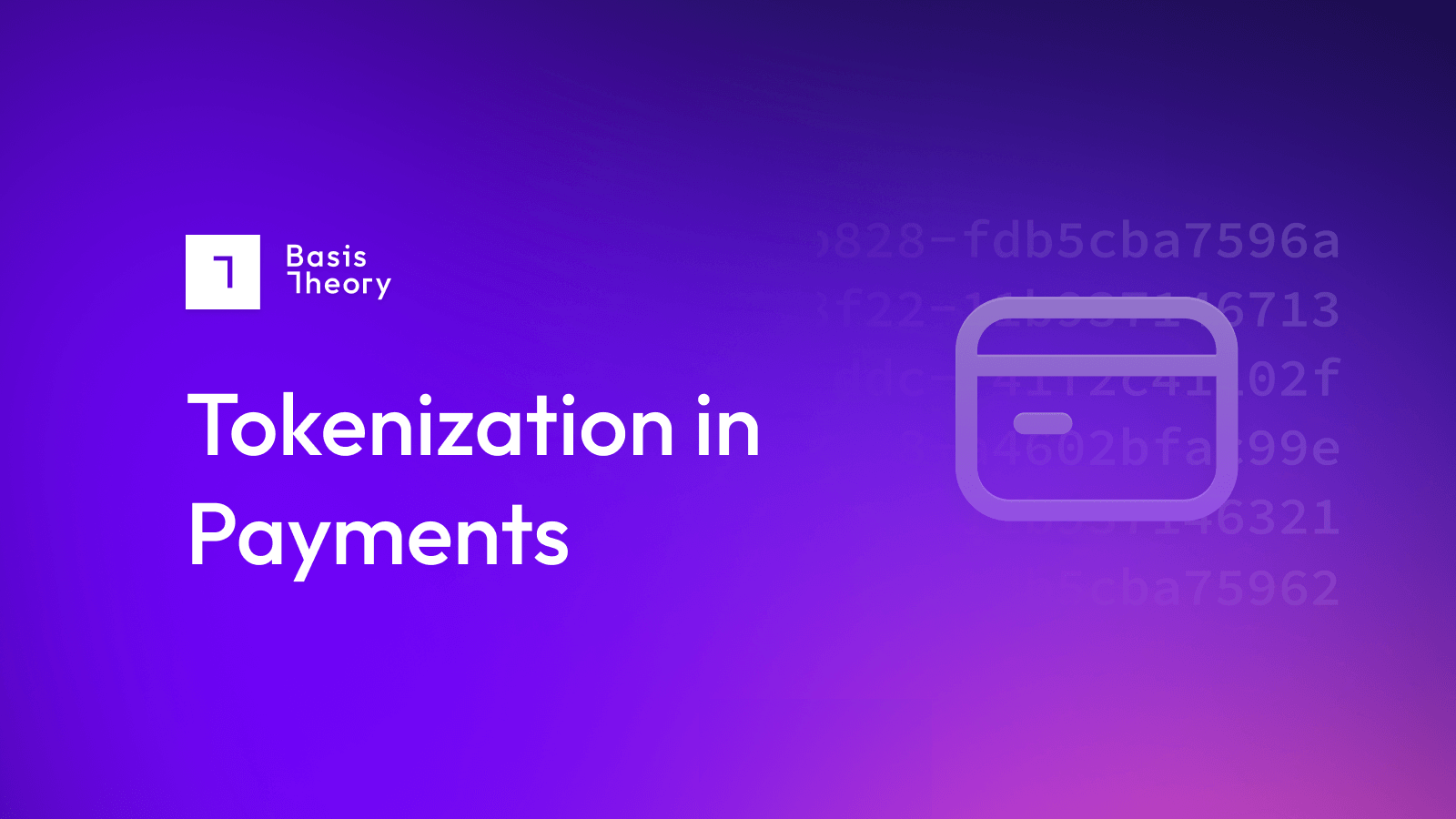

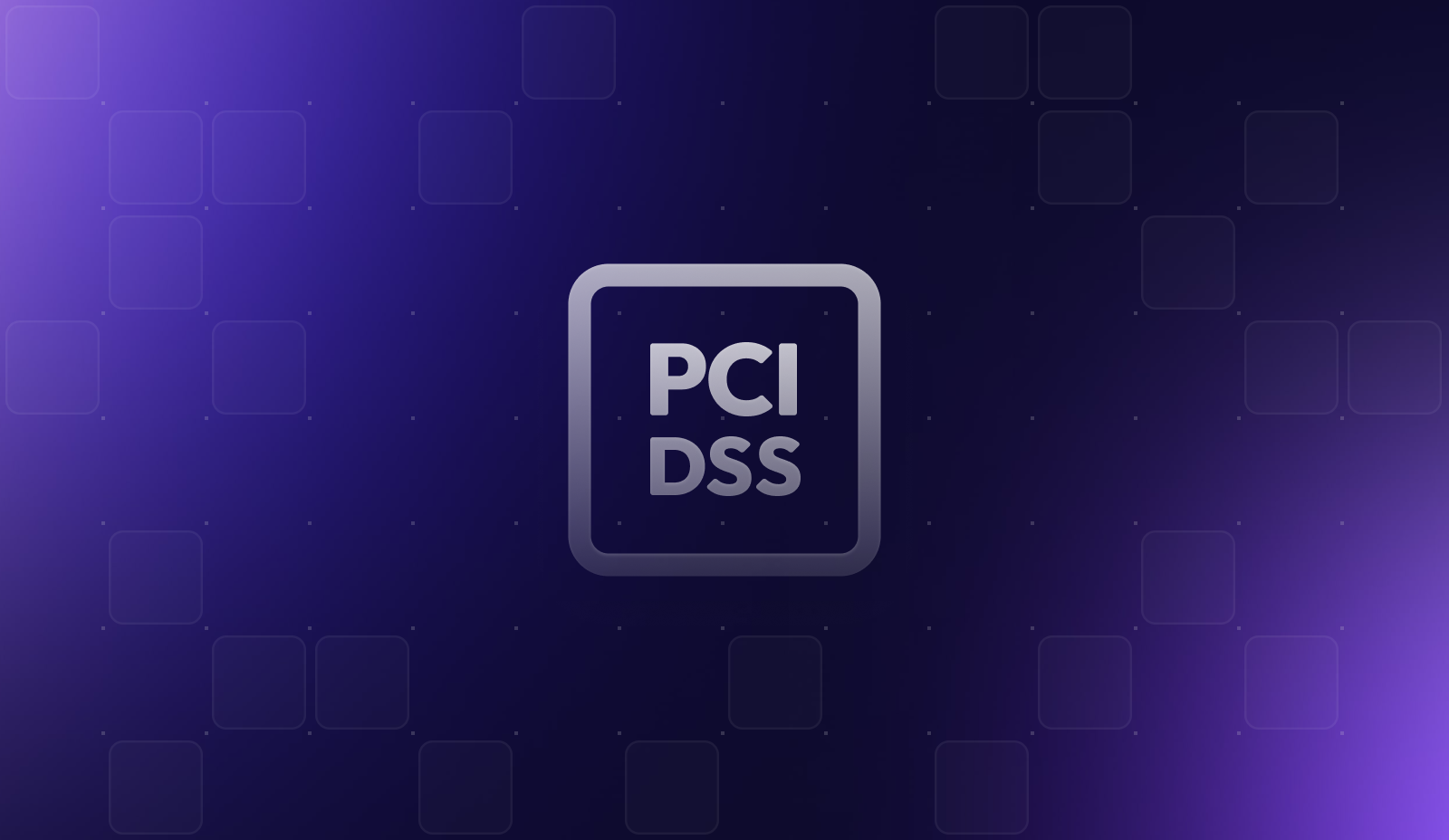


September 2024 Changelog
Token Create Speed Improvements We’ve significantly improved our tokens' speed for both Token Creations and Reads over the last few months—and customers should have ...



August 2024 Changelog
As summer months come to a close and we move into the Autumn months, we have a few helpful updates.
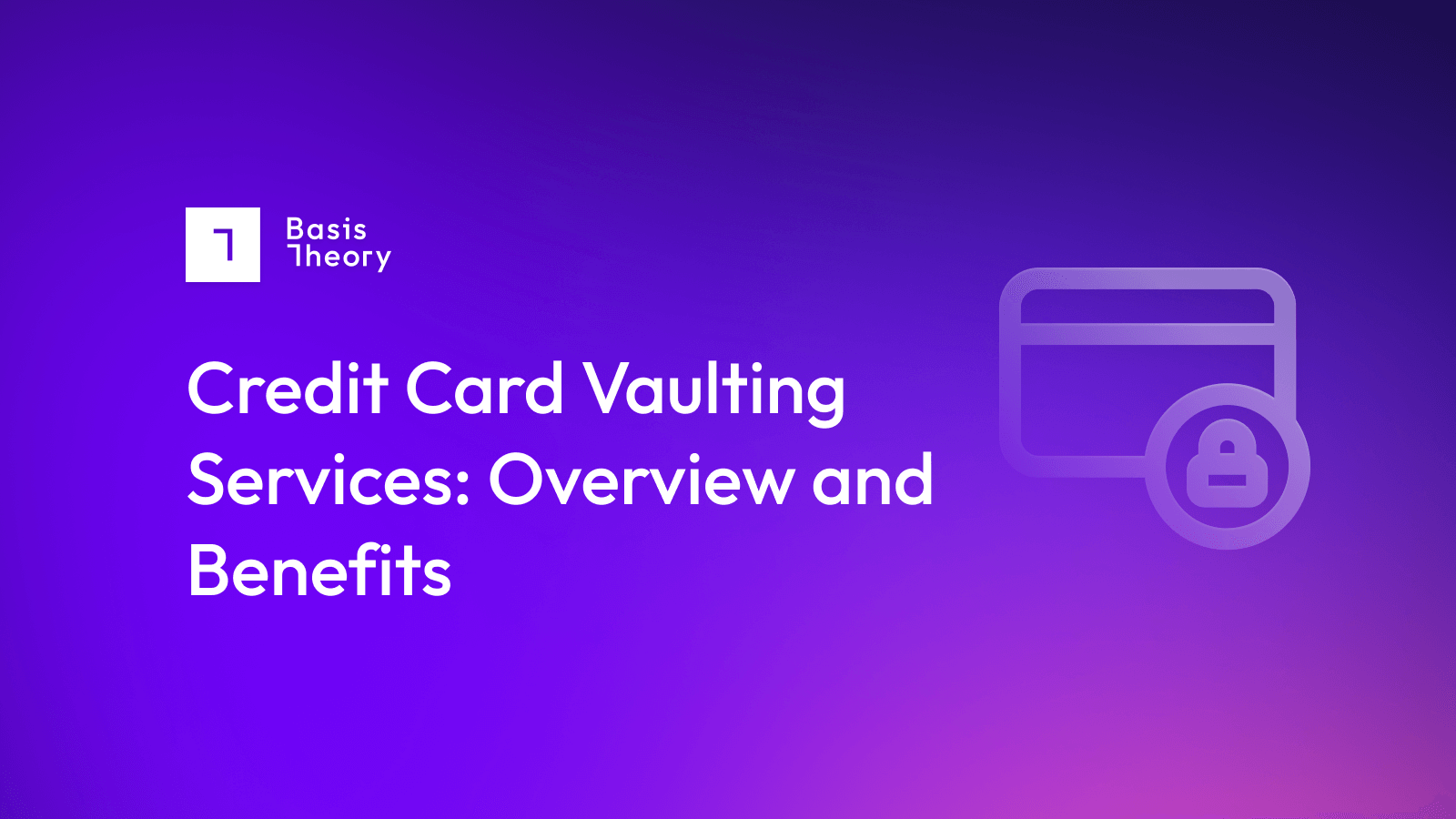


.png?width=365&height=122&name=BTLogo%20(1).png)

